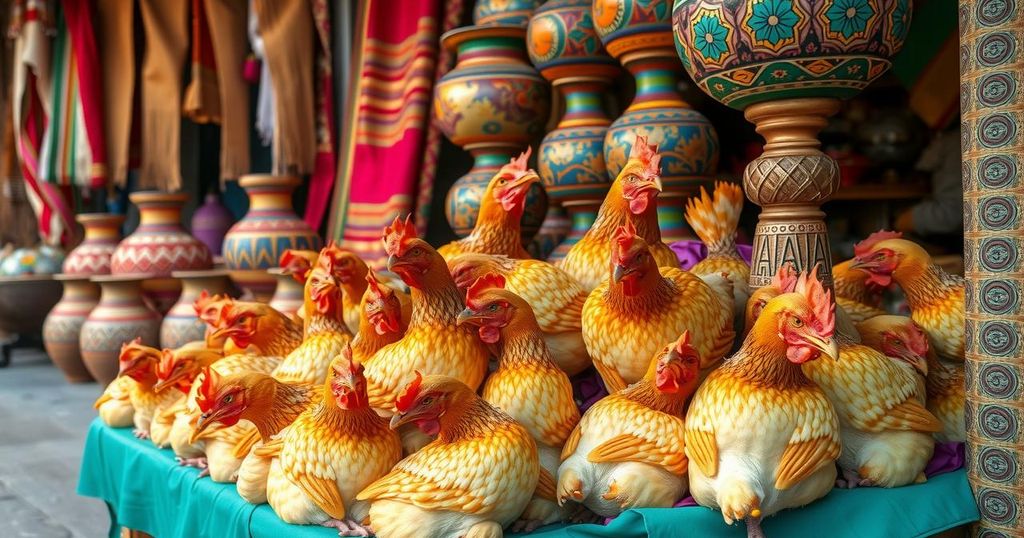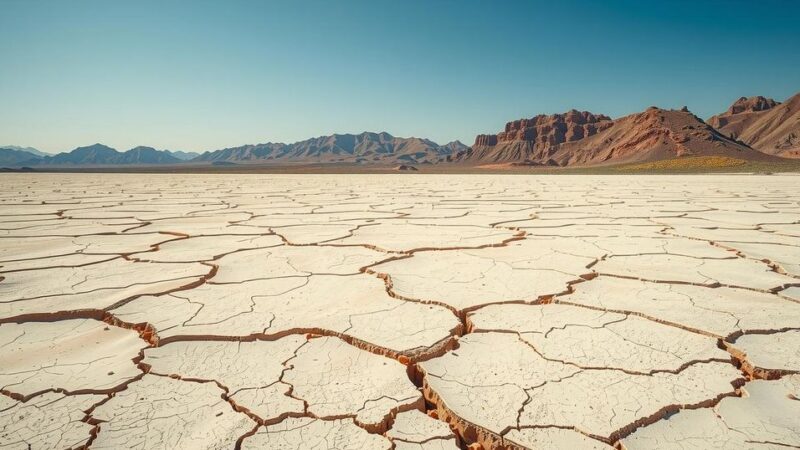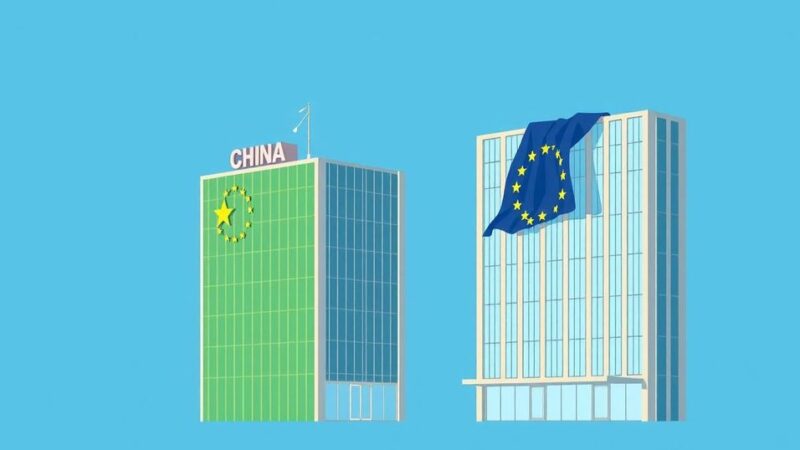Morocco is increasing date imports ahead of Ramadan due to drought affecting local production, with Minister Bouari acknowledging weakened rainfall. The majority of available dates are imported, particularly as local demand rises. Morocco also signed agreements to enhance the date palm sector, while its estimated production for the season stands at 115,000 tons.
As Ramadan approaches, Morocco is ramping up its efforts to import more dates. Recent reports indicate that local production faces challenges due to drought conditions, which Minister of Agriculture Ahmed Bouari noted have led to weaker rainfall this season compared to the last 30 years. The ongoing agricultural challenges affect cereal production and necessitate increased imports of typical products harvested in the country.
A report from FreshPlaza highlighted that the majority of dates available in Moroccan markets, particularly in Casablanca, are imported. The high demand for dates from Moroccan consumers, especially before and during Ramadan, emphasizes the reliance on date imports. An importer noted a significant decrease in Moroccan dates due to drought in key growing regions.
Morocco’s date sources extend beyond Tunisia; the country also imports dates from Egypt and Saudi Arabia. In terms of trade activity, Morocco became the world’s third-largest importer of dates in 2022. In October 2024, Morocco signed six new agreements intended to strengthen the date palm sector, focusing on improving agricultural practices and supporting local farmers in the Drâa-Tafilalet region, known for its date production.
The Ministry of Agriculture estimated that Morocco’s date production during the 2023-2024 season would reach approximately 115,000 tons. During Ramadan, dates are essential to Moroccan traditions, as they are often consumed to break fast alongside milk or water. The country anticipates the start of Ramadan, expected to begin on March 1, contingent on the sighting of the crescent moon as confirmed by Morocco’s Islamic Affairs Ministry.
Morocco’s push to import dates is driven by local production challenges due to drought, leading to higher demand from consumers as Ramadan nears. The country relies on various import sources, particularly from Egypt and Saudi Arabia. Recent agreements aim to bolster the local date industry and support agricultural sustainability, reflecting Morocco’s dedication to meeting its date consumption needs during the holy month.
Original Source: www.moroccoworldnews.com






